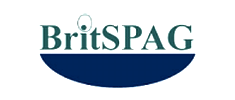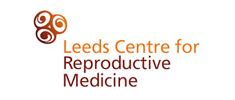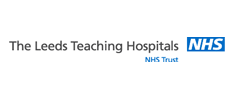Today, the Human Fertilisation and Embryology Authority (HFEA) published its first “State of the IVF Sector” report. The report can be read here:
https://www.hfea.gov.uk/about-us/news-and-press-releases/2017-news-and-press-releases/press-release-multiple-births-success-as-hfea-publishes-first-state-of-the-ivf-sector-report/
As Chair of The British Fertility Society, I issued the following statement in response to the report:
“We welcome the report, which shows the extraordinary commitment our specialty has to transparency.
“Every year we get better at reporting to the regulator so we would actually expect to see a rise in the number of reported incidents. The rise is also generally in parallel with a rise in the number of treatment cycles.
“We are confident that, in reality, there is no evidence that practices have changed or that there ought to be concerns about the sector. The fact is we are the most highly regulated medical specialty in the UK and we consistently uphold very high standards of clinical practice and care.
“The British Fertility Society is working very closely with the HFEA to help drive down the rate of adverse incidents. In particular, we are working together to ensure good practice in the reporting of ovarian hyper stimulation syndrome. We have developed evidence-based guidelines to help limit the incidence of this complication and to provide a resource for clinicians looking after women who develop the condition.
“It is hugely satisfying to see the significant fall in the number of multiple births. This is a goal we have worked on closely with the HFEA.
“With over 75,000 treatment cycles per year we have seen a significant increase in the chances of having a baby, which on average is about 32% of all cycles and at the same time a huge reduction in multiple pregnancy. So the planned transfer of a single embryo has not reduced the chance of success.
“By reducing the number of embryos implanted and at the same time improving our success rates, we protect parents and babies from the potential complications that come with twin or triplet pregnancies and births.
“In the 40 years since Louise Brown, the world’s first IVF baby, was born in the UK, IVF has revolutionised the treatment of infertility and the UK has lead the way with both innovative research and also careful regulation by the HFEA.
“It is very disappointing that the NHS only funds 40% of cycles. If three full cycles were funded, as recommended by NICE, we know that at least 80% of couples would end up carrying a baby. IVF is cost-effective and the economic benefit to Society of those born from IVF far outweighs the cost.”











One Response to “State of the IVF Sector” report published